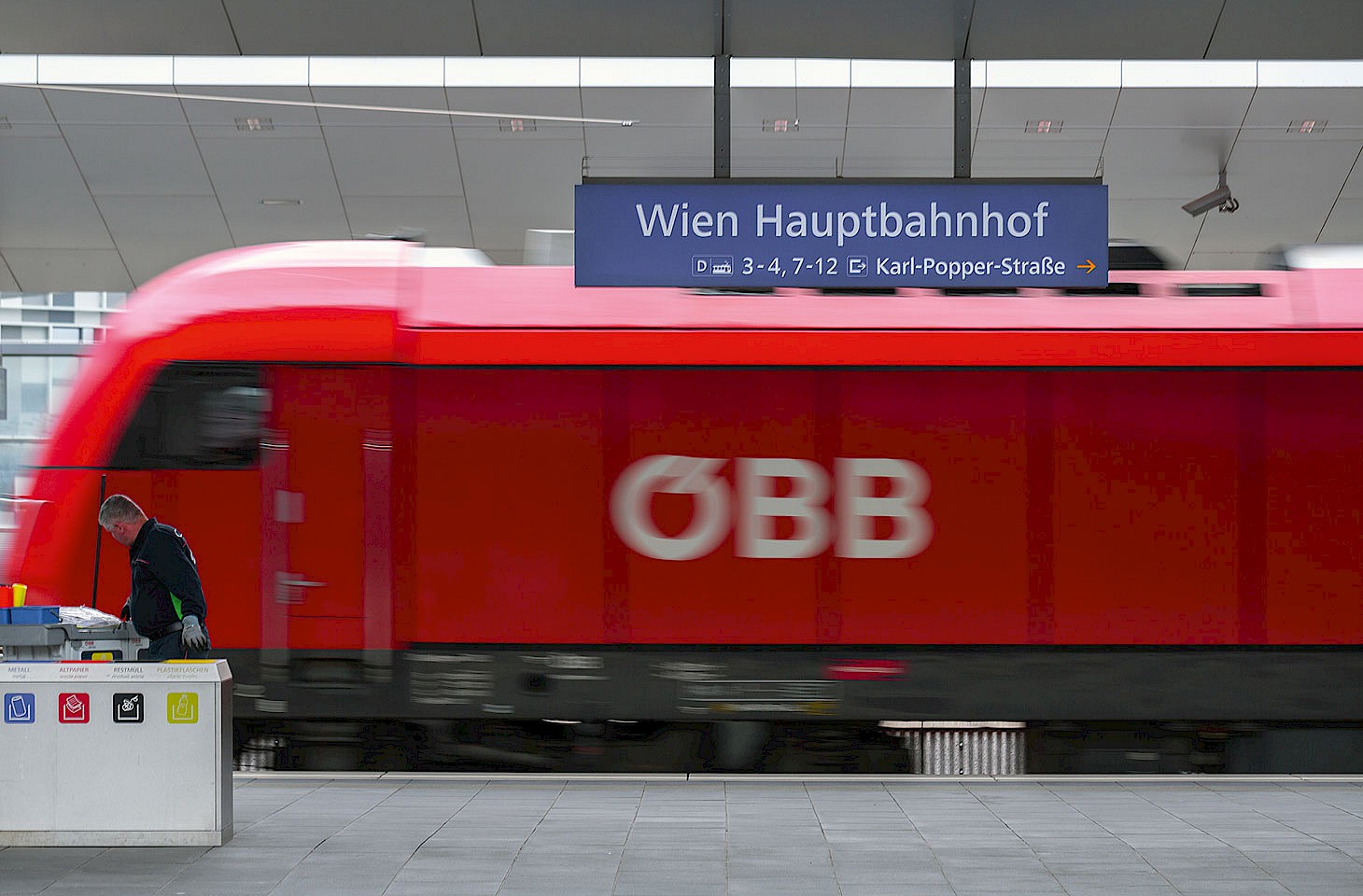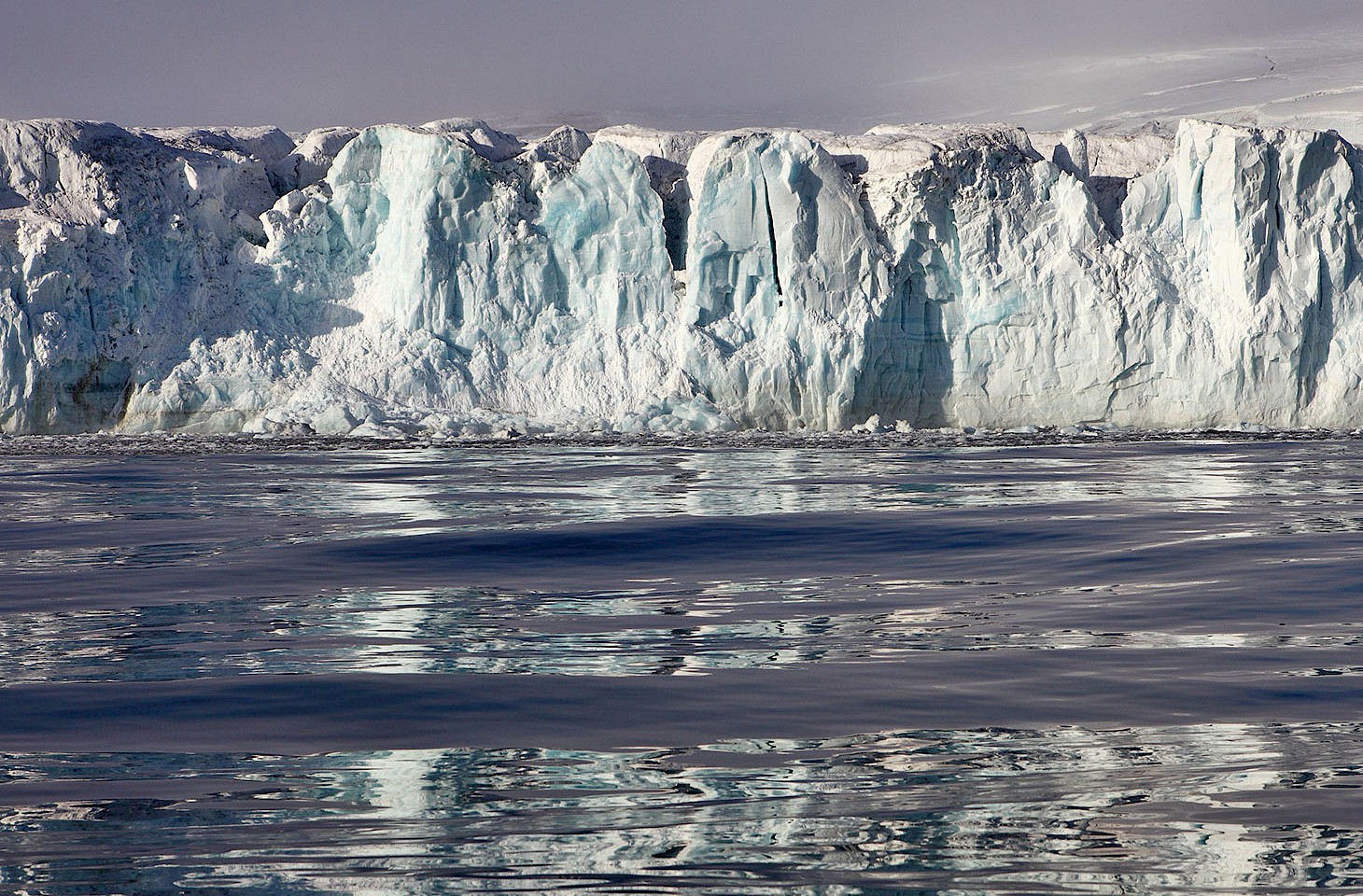Dear fellow travellers
We shall never forget that moment in the cinema in a small town in Poland a year or two back. "Without you, a free Poland cannot survive," said the commandant in the film, addressing a large cohort of officer cadets. We knew the outcome of Andrzej Wajda's film, of course. The officers were all murdered, many of them at Katyn. The film is a very dark piece of cinema, with the story of the Katyn massacre related mainly from the perspective of the women left bereft of husbands, fathers and sons. Katyn has long been a scar on the Polish soul, a wound that has only begun to heal since the Soviet authorities in 1990 admitted responsibility for the atrocity which took place in 1940.
It was twenty years ago this coming Tuesday that Moscow formally acknowledged that the Soviet secret police (the NKVD) had shot thousands of officers, priests, poets and professors in the forests of Katyn. Andrzej Wajda's film about Katyn was shown on Russian television for the first time this week. Yet it has been hard for Poland to lay the Zbrodnia katynska (Katyn crime) to rest. That something so awful could have happened in the forests west of Smolensk was hard to fathom. And still today it is as terrible to comprehend.
For years we never really knew where Katyn was. It was just one of that litany of names from the East that are so heavily laden with meaning. It is so emotive a name, and not just for Poles, that it is hard to imagine that any village still bears the same name. Yet thousands of rail travellers pass by Katyn every day without even realising, for the village is on the main rail route from Berlin to Moscow. By dead of night, the Amsterdam to Moscow train rumbles through the birch forests that span the border of Belarus and Russia. For those who cannot sleep, a moonlit night might afford views of little Orthodox churches, wooden farmsteads and watery meadows. There are small townships like Krasnoe and Gusino, places where Napoleon's forces once tussled with their Russian adversaries. There is a glimpse of the Dnieper river to the right of the train. And then the train slows and sedately skirts the small village of Katyn.
Travellers might just stir in their sleep, troubled by they know not what. They raise the blinds on the windows, looking for a first glimpse of Russia - a foreign land with a foreign alphabet. They see the name of a small wayside station. Six letters in Russian, not five. An unknown Russian village in the night. Katyn - the place by the railway where the night train always slows but never stops. A cardinal point in Europe's topography of terror. A place that Poles in particular will never forget: Zbrodnia katynska. A place that none of us should forget. Especially now, for with today's plane crash, killing eighty-nine Polish politicians and officials en route to mark the seventieth anniversary of the 1940 massacre, Katyn has now claimed more Polish lives.
Nicky Gardner and Susanne Kries
(editors, hidden europe)



